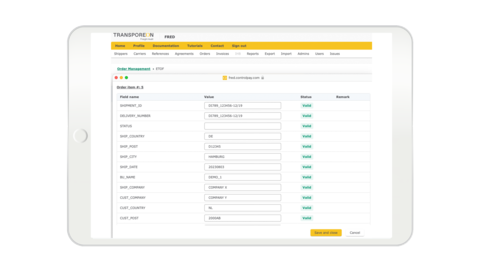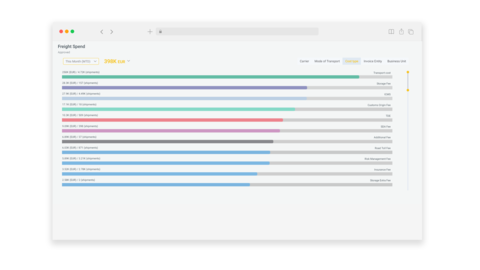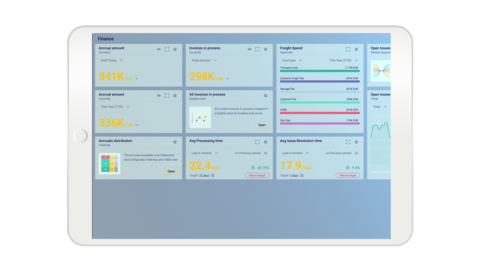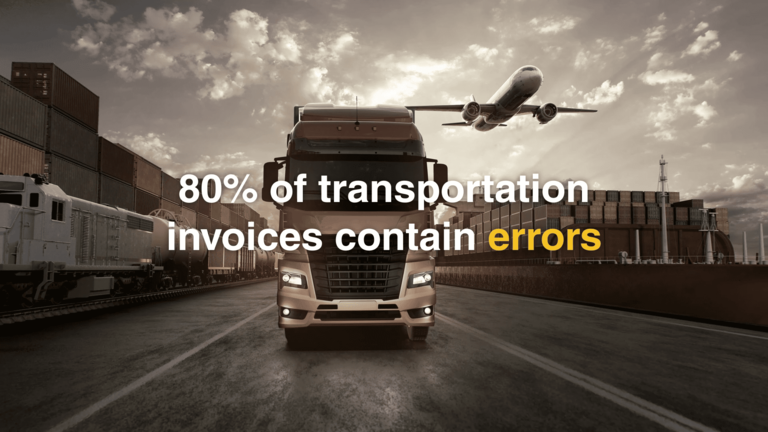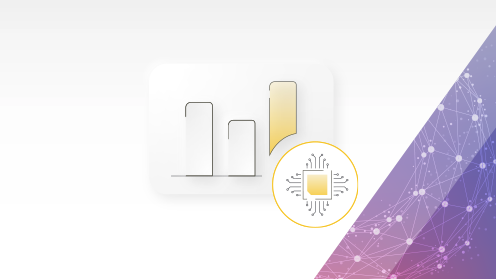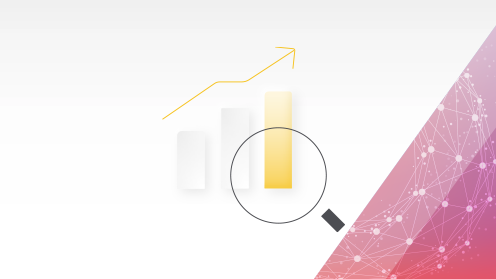In the complex world of logistics, where millions of shipments navigate the globe every day, precision and transparency are paramount. One crucial aspect of this precision is freight audit, however, traditional methods struggle with the numerous challenges of modern transportation.
Manual freight audit procedures are characterised by time-consuming, labour-intensive practices, which are prone to human error. Embracing an automated, digital solution can optimise the freight audit process, transforming it into a streamlined and efficient operation.
Transporeon’s Freight Audit is a process akin to a legal review, leaving no room for ambiguity. By ensuring accuracy, compliance and transportation expense optimisation, Freight Audit distinguishes itself as a vital process.
In this article, we take a close look at how automating and digitising the process of invoicing and payments ensures transparency of all aspects of freight transactions.
The power of an integrated solution
Choosing the right freight audit solution is pivotal, and an integrated system is the ideal choice for auditing, especially when a substantial volume of shipments is handled each month. This system efficiently streamlines both logistics and auditing processes within a unified platform. It initiates with the procurement of agreed rates via a dedicated platform, seamlessly transfers these rates to a Rate Management system, and culminates in modules that execute the shipments. This unity eliminates the need to juggle various solutions or extract data from disparate systems, offering a more efficient and error-resistant approach.
Integration of clean data
Once data of executed shipments populates the Freight Audit system, the auditing process starts. This involves rigorous data validation using automated algorithms, which ensures accuracy down to the last decimal. Geo data – including countries, cities and postcodes – undergo normalisation to enhance reporting consistency. The data is further enriched with financial information, facilitating a flawless electronic interface to the customer's ERP. This commitment to clean data principles aligns with Freight Audit's dedication to compliance and transparency.

